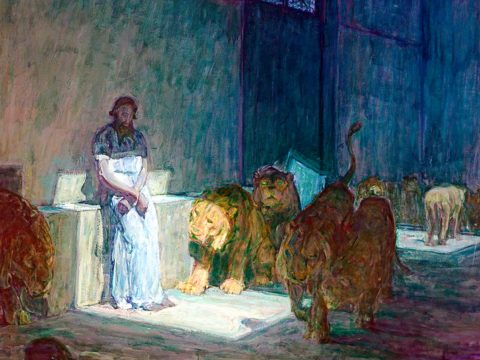
Anselm confesses, that all his life was either damnable for sin committed, or unprofitable for good omitted; and at last concludes, “Oh, what then remains, but in our whole life—but to lament the sins of our whole life.” True repentance inclines a man’s heart to perform God’s statutes always, even unto the end. A true penitent must go on from faith to faith, from strength to strength; he must never stand still nor turn back. Repentance is a grace, and must have its daily operation as well as other graces. True repentance is a continued spring, where the waters of godly sorrow are always flowing: ‘My sin is ever before me’ (Psalm 51: 3). A true penitent is often casting his eyes back to the days of his former vanity, and this makes him morning and evening to ‘water his couch with his tears.’ ‘Remember not against me the sins of my youth,’ says one blessed penitent; and ‘I was once a blasphemer and a persecutor and a violent man,’ says another penitent.
Repentance is a continued act of turning, a repentance never to be repented of, a turning never to turn again to folly. A true penitent has ever something within him to turn from; he can never get near enough to God; no, not so near him as once he was; and therefore he is still turning and turning that he may get nearer and nearer to him, who is his chief good and his only happiness, optimum maximum, the best and the greatest. They are every day a-crying out, ‘O wretched men that we are, who shall deliver us from this body of death!’ (Rom. 7: 24). They are still sensible of sin, and still conflicting with sin, and still sorrowing for sin, and still loathing of themselves for sin. Repentance is no transient act—but a continued act of the soul.
Thomas Brooks. Precious Remedies Against Satan’s Devices.



